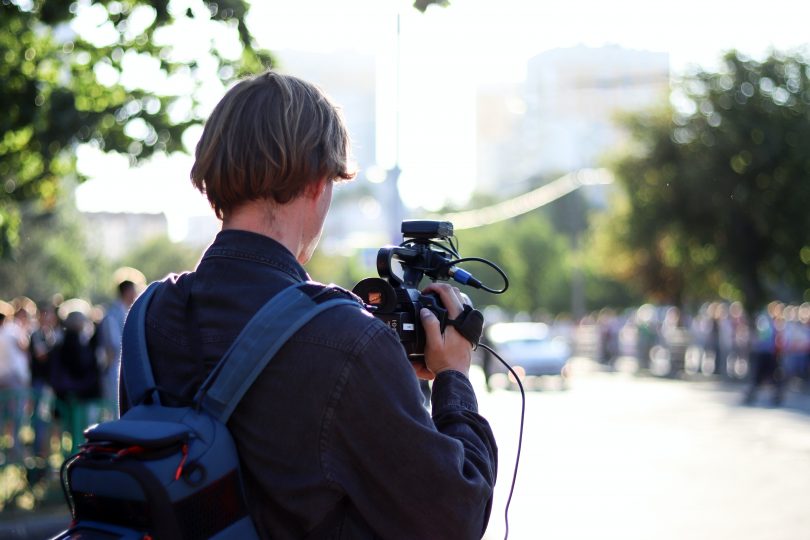Former ABC foreign correspondent Liam Cochrane speaks about his experiences as a journalist in South East Asia.
The role of the foreign correspondent in today’s media landscape has changed, but the importance of reputable international news has never been more critical for Australia.
Due to Australia’s geographic isolation, international news isn’t as readily available as it is in other regions of the world. Until the advent of the internet and, more specifically, social media, most news from abroad came from foreign correspondents.
Historically, the foreign correspondent’s role in Australia’s media has been vital in bringing information of international wars, conflicts and global economies to the public back home, informing Australians of pivotal moments in modern history.
But, former ABC foreign correspondent for South East Asia Liam Cochrane said Australia’s international news coverage is dominated by the west – namely Europe and the United States of America.

Former ABC Foreign Correspondent Liam Cochrane. (Supplied)
This, he said, has a flow-on effect for foreign correspondents working in other regions – the Middle East, Africa and Asia, for example – who are left under-resourced and struggling for visibility.
In the first half of November 2020 alone – with the Australian media’s attention fixated upon the US election and COVID numbers – Ethiopia was on the brink of civil war, militant groups in Mozambique decapitated more than 50 civilians, the Peruvian President was impeached and two separate typhoons debilitated the Philippines.
This international news – usually brought to our screens and papers by foreign correspondents – doesn’t usually make the front-page headlines in Australia.
This may be because it is ‘bad’ news, content that causes discomfort in a consumer – the problematic ‘ignorance is bliss’ defence that is common in Australia may determine the published content.
There is also an element of ‘fear of missing out’ – the rest of the world is talking about the US election, and for a news outlet to elect to not lead with it may divert readership elsewhere.
Former Associate Editor of The Interpreter John Gooding questioned the need for the number of Australian foreign correspondents covering the election.
“It’s great to have Australian reporters in the US … but it’s hard to argue that the Australian public truly needs those boots on the ground to explain a particular aspect of the Trump phenomenon in a way that a combination of US media outlets and Australia-based reporters would be unable to,” he wrote.

The US election saturated media outlets around the globe. Photo by Jon Tyson.
A number of other contributing factors surely amount to the western dominance of our international media, but evidentially, for the Australian public, there is just less appetite for news from countries outside of the West.
Due to this, Cochrane said media companies allocate fewer resources to foreign correspondents in regions outside of the west, which puts additional strain on the news output for those reporters.
Often correspondents are required to travel to a variety of countries in the region, as they may be the only reporter employed in the area. For Cochrane, this also involved production of video and audio, and editing for a variety of news platforms, which limited the quantitative output of news from South East Asia.
But with a more globalised media network, is there still a place for foreign correspondents in today’s news landscape?
Fairfax’s deputy editor and investigations editor Michael Bachelard said that quality international news is as relevant in today’s era as it was in the past.
“It’s about having an Australian voice, an Australian view, an Australian sensibility on issues that matter to Australia on the global stage,” he said.
Bachelard said that in the future, more resourcing may be funnelled to freelance journalists abroad, particularly as the media landscape continues to change, although this comes with limitations.
“You probably don’t have a deep engagement with [freelancers], they’re very often writing for more than one media organisation … and they’re living by their wits, while a foreign correspondent has a certain security,” he said.
Feature photo by Jana Shnipelson

